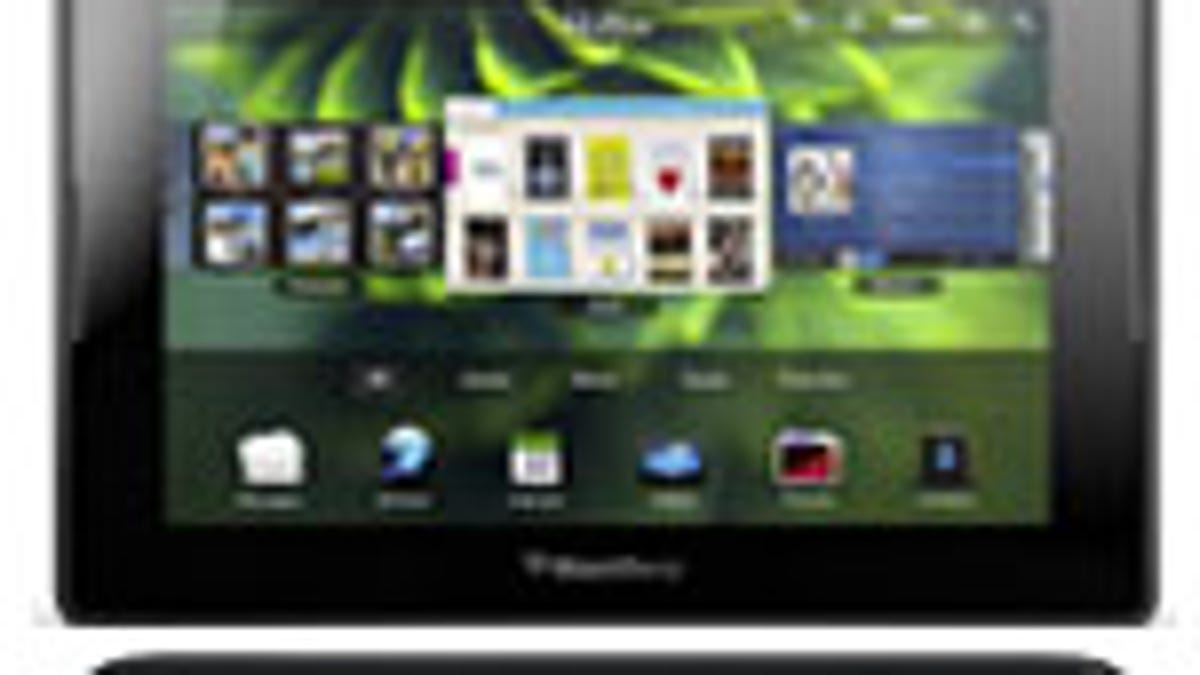Tablet knockoffs running rampant, brand firm says
A new study says knockoff tablets have become a big target online, with brand protection company MarkMonitor finding some 23,000 listings for fake or gray-market tablets in a single day.

Shoppers may need to be careful when hunting for a deal on a tablet online, as they are at risk of picking up a knockoff, a new report says.
San Francisco-based enterprise brand protection company MarkMonitor today released results from its latest Brandjacking Index, a report that looks at how brands being "abused" online. It found more than 23,000 listings "for clones, suspected counterfeits, or gray market" tablet computers in a single day earlier this year.
The firm says it spent a day in July tracking the brands of five tablet makers in 23 online stores to get data for the study. Depicted in some of the example photos from the report--but not mentioned by name--are devices like Apple's iPad and the Motorola Xoom.
"We identified 15 distinct manufacturers of clone tablets and more than 16,000 listings representing those products on business-to-consumer and business-to-business sites," the report reads. "The majority of these clones, or 75 percent, are located in and shipped from Asia, which is also not surprising, given Asian manufacturing capacity."
The report goes on to say that most of these clone tablets are actually being listed for sale outside of the Asia region. That breaks down to 45 percent of the online clone listings being posted in Europe, versus 26 percent in North and South America.
The news comes just ahead of the holiday shopping season, which kicks off in earnest later this month. Some sites, including Amazon.com have already launched special sales sites to celebrate "Black Friday," the day after Thanksgiving Day in the United States.
"As we head into the holiday shopping season, consumers should beware these 'brand impersonators' who are hidden in plain sight, while brands need to be extra vigilant in foiling those who seek to profit at their expense," Frederick Felman, MarkMonitor's chief marketing officer, said in a statement.
MarkMonitor's study found that about 20 percent of any listings used what the firm calls "branded terms" that would show up in search results and create the appearance of the real deal.
"One common tactic included using photos of branded goods in listings without mentioning the brand and, in some instances, blurring the brand names in photos," the firm said in a release. "Another tip-off to possible counterfeiting was in timing of product availability. Twenty-six wholesale sellers of suspected counterfeit tablets offered their wares up to a month in advance of actual product availability. Pricing for these tablets was usually set at 50 percent of the price of legitimate goods."
While looking, MarkMonitor also found 6,600 cybersquatted sites, or sites that use a product or trademark name, despite not being affiliated with the company that sells those items. Using data from Alexa, and cross-referencing domain owner data from the Whois directory, the firm says those sites pull in a cumulative 75 million visits a year.

